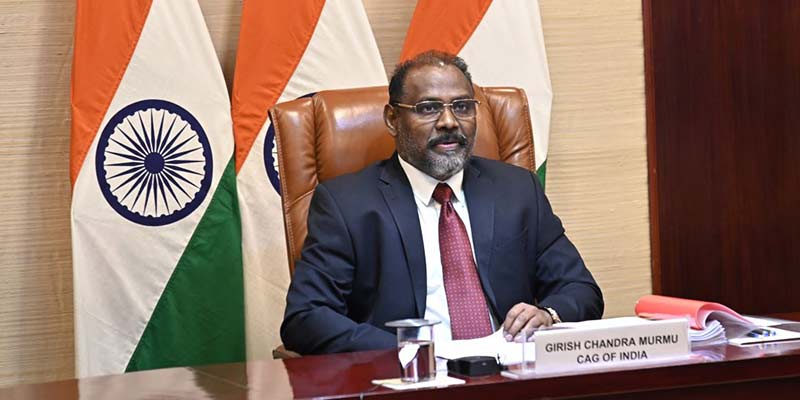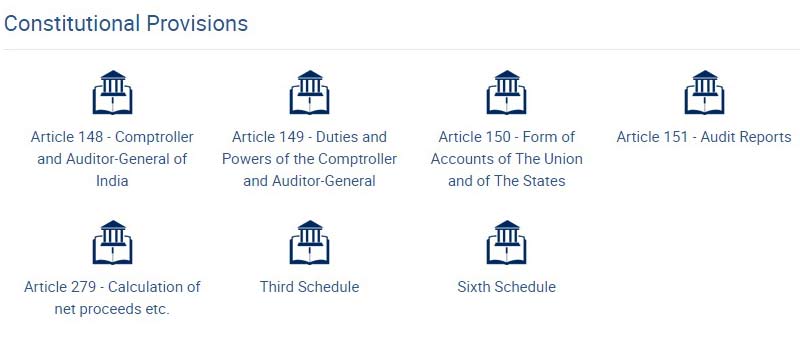- India
- Sep 26
- Kevin Savio Antony
CAG plans to develop its own AI for fast writing of audit reports
• Comptroller and Auditor General (CAG) of India Girish Chandra Murmu said the supreme audit institution is in the process of developing its own Artificial Intelligence (AI) protocol for faster writing of its audit reports.
• He said about 35 audit reports would be tabled in both Parliament and state Assemblies during the upcoming winter session.
• About 200 reports are presented in a year by the office of CAG.
Comptroller and Auditor General
• The Comptroller and Auditor General (CAG) is the guardian or caretaker of the national purse.
• The CAG of India is appointed by the President.
• The procedure and the grounds for his removal from office are the same as for a Supreme Court judge.
• He is not eligible for further office under the Union or a state government after he ceases to hold his office.
• The accounts of the Union and of the states shall be kept in such form as the President may, on the advice of the CAG, prescribe.
• The reports of CAG relating to the accounts of the Union shall be submitted to the President, who shall cause them to be laid before each House of Parliament.
• The reports of the CAG relating to the accounts of a state shall be submitted to the governor of the state, who shall cause them to be laid before the legislature of the state.
• Articles 148, 149, 150 and 151 of the Constitution describe the functions and powers of CAG.
The duties and powers of CAG:
• Audits the accounts related to all expenditure from Consolidated Fund of India, consolidated Fund of each state and Union Territory having a legislative assembly.
• Audits all expenditure from the Contingency Fund of India and the Public Account of India as well as the Contingency Fund and Public Account of each state.
• Audits all trading, manufacturing, profit and loss accounts, balance sheets and other subsidiary accounts kept by any department of the central government and state governments.
• Audits the receipts and expenditure of each state and Centre to satisfy himself that the rules and procedures in that behalf are designed to secure an effective check on the assessment, collection and proper allocation of revenue.
• Audits all transactions of the central and state governments related to debt, sinking funds, deposits, advances, suspense accounts and remittance business.
• Audits receipts, stock accounts and others, with approval of the President, or when required by the President.
• Audits the accounts of any other authority when requested by the President or Governor.
• Advises the President with regard to prescription of the form in which the accounts of the Centre and the states shall be kept (Article 150).
• Submits his audit reports relating to the accounts of the Centre and state to the President and governor respectively, who shall, in turn, place them before the state legislature (Article 151).
(The author is a trainer for Civil Services aspirants.)


